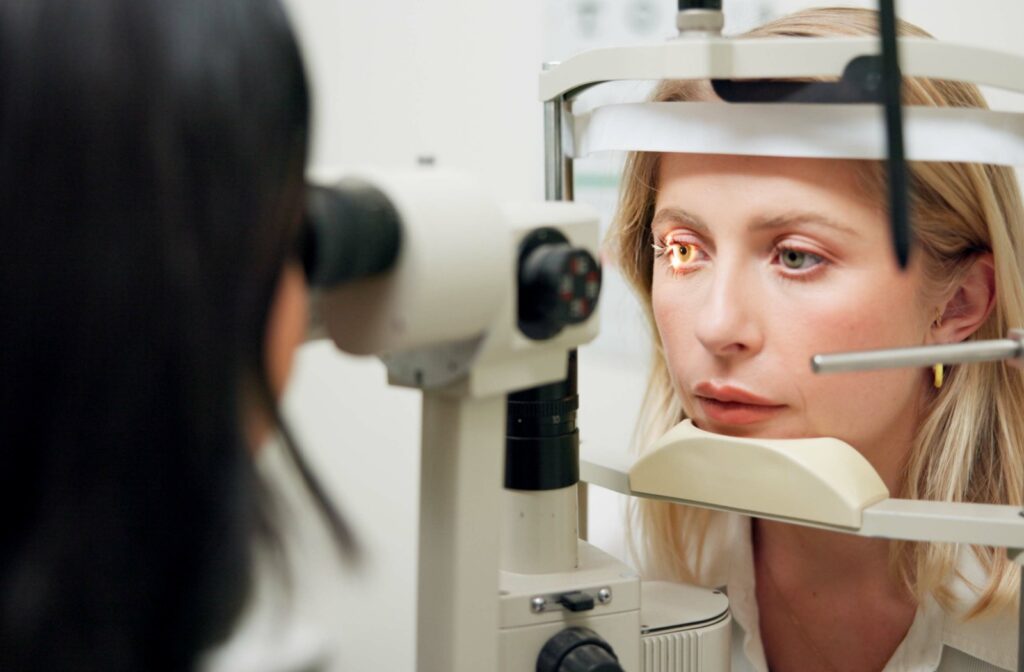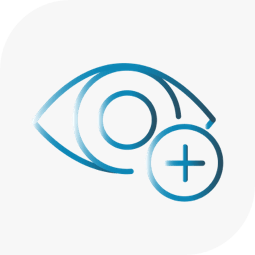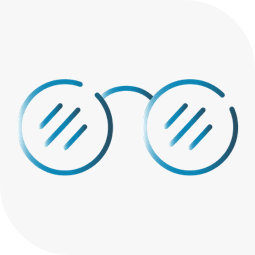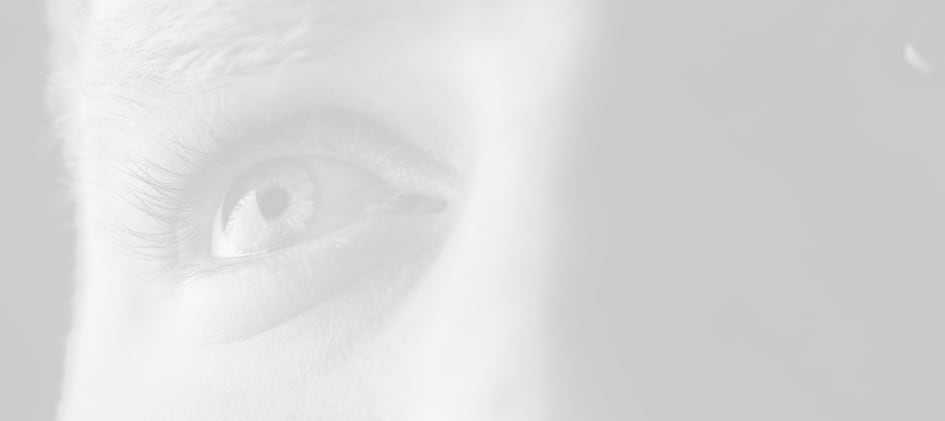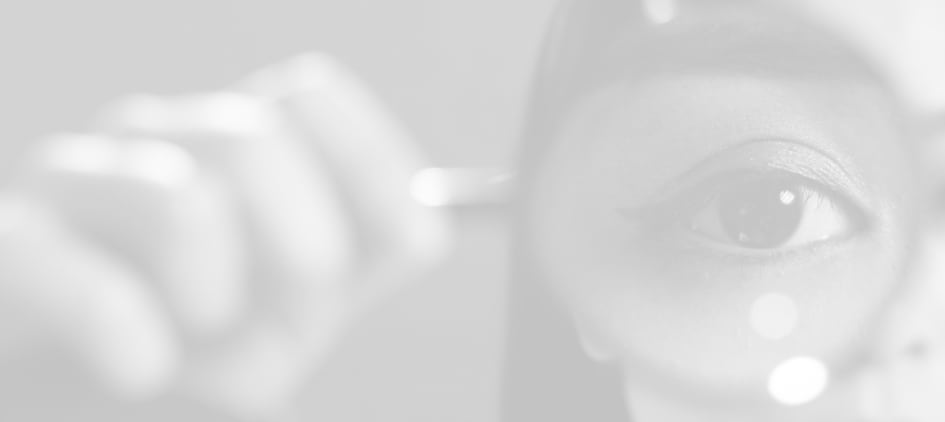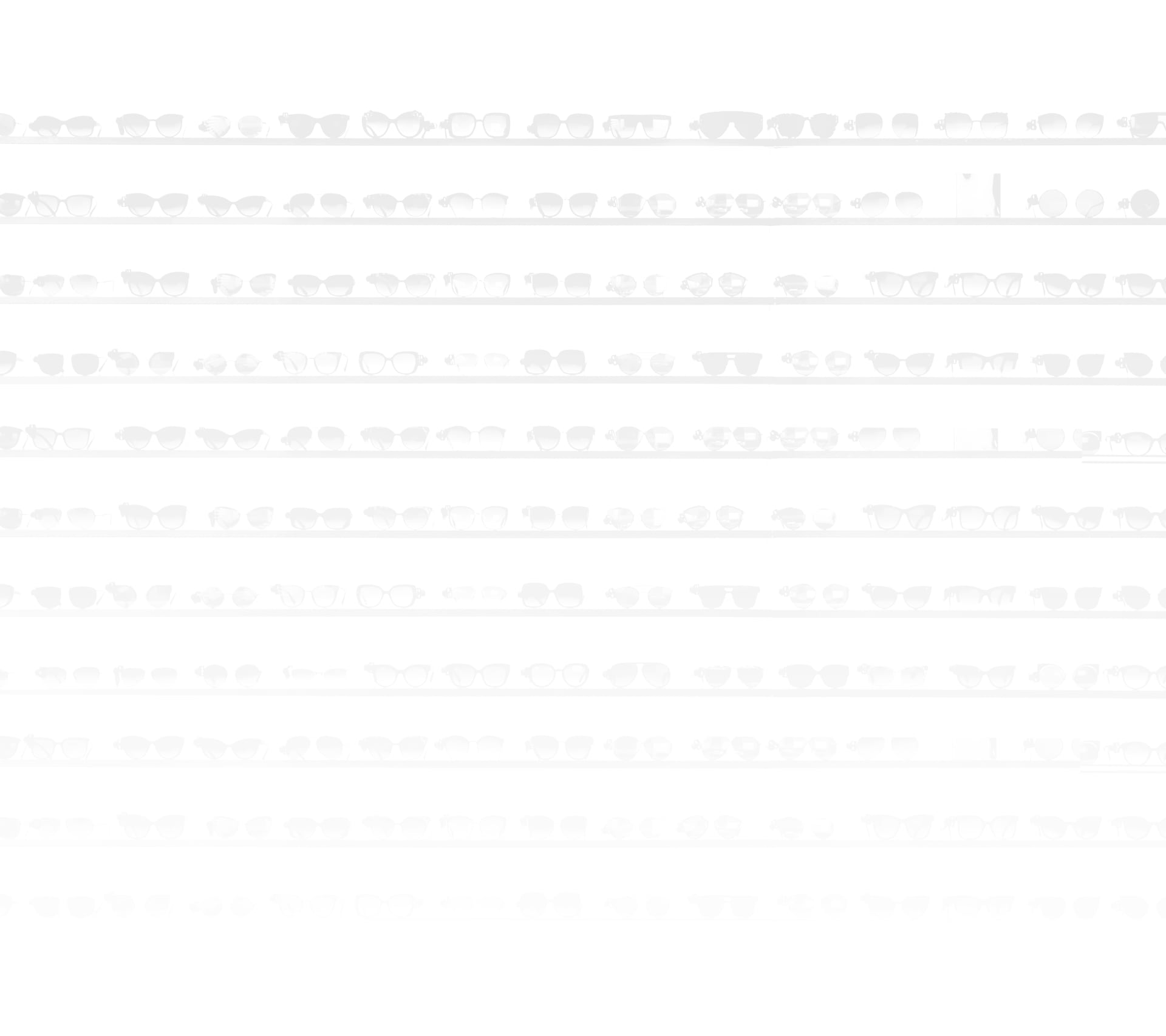Eyes are often called the windows to the soul, and just like windows, they need regular care to stay clear and functional. Macular degeneration and glaucoma are 2 common eye conditions that many people are affected by. While both can significantly impact vision, macular degeneration and glaucoma are not the same.
Even though they are different, it doesn’t minimize the importance of each being detected as early as possible so you can discuss treatment and management options with your eye doctor. Fortunately, comprehensive eye examinations include screening for each condition because of their potential severity and lack of symptoms they can present in their early stages.
What Is Macular Degeneration?
Macular degeneration, also known as age-related macular degeneration (AMD), is the leading cause of blindness among adults over 50 in North America. AMD affects the macula, a small part of the retina responsible for sharp, central vision. Imagine trying to read a book or recognize a friend’s face without clear central vision—it’s near impossible.
Types of Macular Degeneration
There are 2 types of macular degeneration: dry and wet. Dry macular degeneration is more common and progresses slowly. It occurs when the tissue of the macula thins out over time. On the other hand, wet macular degeneration is less common but more severe. It happens when abnormal blood vessels grow under the retina and leak fluid, leading to rapid vision loss.
Symptoms of Macular Degeneration
Symptoms of macular degeneration can be subtle at first, progressing over time. You might notice blurred or distorted vision, especially when reading or looking at faces. Over time, these symptoms can worsen, leading to a significant loss of central vision. Peripheral vision usually remains unaffected so that you can see objects to the side.
What Is Glaucoma?
Glaucoma is a group of eye conditions that damage the optic nerve, which is crucial for good vision. It’s commonly called “the silent thief of sight,” affecting over 450,000 Canadians, and is a leading cause of blindness. The damage from glaucoma is typically caused by abnormally high pressure in your eye, except for variations like normal-tension glaucoma.
Types of Glaucoma
There are several types of glaucoma, but the most common ones are open-angle glaucoma and angle-closure glaucoma. Open-angle glaucoma is the most prevalent form and progresses slowly over time. Angle-closure glaucoma is less common but can occur suddenly, requiring immediate medical attention.
Symptoms of Glaucoma
Unlike macular degeneration, glaucoma often has no early symptoms. It gets its nickname because it can go unnoticed until significant vision loss occurs. When symptoms do appear, they may include patchy blind spots in your peripheral vision and tunnel vision in advanced stages.
Understanding the Differences in Symptoms
Macular degeneration and glaucoma both affect vision but in different ways. Macular degeneration mainly impacts central vision, making it hard to see straight ahead. Glaucoma, on the other hand, primarily affects peripheral vision, leading to a narrow field of view.
Onset & Progression
Macular degeneration usually progresses slowly, particularly in its dry form. This gradual progression allows for some adaptation and management. In contrast, glaucoma can either progress slowly or suddenly, depending on the type. For example, angle-closure glaucoma can cause a quick, painful increase in eye pressure, leading to sudden vision loss.
Risk Factors for Each Condition
Both of these conditions can be influenced by aging, however there are other unique risk factors that can contribute to each condition.
Risk Factors for Macular Degeneration
Age is the most significant risk factor for macular degeneration, hence the name. But other risk factors include:
- Genetics
- Smoking
- Family history of AMD
- A diet high in saturated fat
- High blood pressure
Risk Factors for Glaucoma
Age is also a critical risk factor for glaucoma, but there are others, these include:
- High intraocular pressure
- Thin corneas
- A family history of glaucoma
- Diabetes
- High blood pressure
- Previous eye injury or trauma
- Long-term steroid use
The Importance of Regular Eye Exams
Regular eye exams are crucial for early detection of macular degeneration and glaucoma because each can present little-to-no symptoms in its early stages—especially glaucoma. Early detection allows for timely treatment, which can slow progression and preserve vision.
The Canadian Association of Optometrists recommends that most adults get a comprehensive eye examination every 1 to 2 years, depending on age and preexisting conditions or risk factors. You should ultimately follow your eye doctor’s recommendations as they consider your unique situation.
Early Detection Is Critical
Understanding the differences in symptoms and risk factors between AMD and glaucoma can help you take better care of your eye health. Regular eye exams are essential for early detection and effective management of both conditions.
Contact our team at Collingwood Optometry or Cwood Eyecare today. We’re happy to schedule you for your next comprehensive eye exam at one of our locations, where our experienced eye doctors can screen you for AMD, glaucoma, and other eye conditions or refractive errors.


